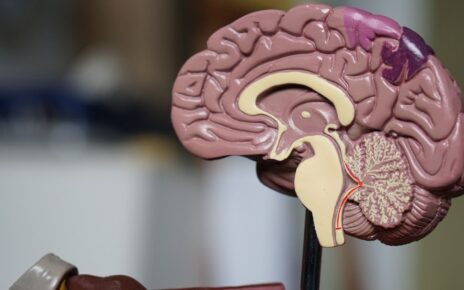The Impact of Internet of Things (IoT) on Smart Cities
The Internet of Things (IoT) has emerged as a revolutionary technology that is transforming the way cities operate and function. With its ability to connect devices, sensors, and infrastructure, the IoT is bringing about significant changes in urban environments, creating what are now known as smart cities. This article explores the profound impact of IoT on smart cities and how it is revolutionizing various aspects of urban life.
Enhancing Infrastructure and Services
IoT technology plays a crucial role in improving the infrastructure and services in smart cities. By interconnecting different components of the urban ecosystem, such as transportation, energy, and waste management systems, cities can operate more efficiently and effectively. For instance, IoT-enabled sensors can monitor traffic patterns, optimizing traffic flow and reducing congestion. Additionally, smart grids powered by IoT devices can efficiently manage energy distribution and consumption, leading to substantial energy savings.
Revolutionizing Public Safety
Public safety is another area where the IoT has a significant impact on smart cities. Connected devices and sensors enable real-time monitoring of urban spaces, allowing authorities to detect and respond to emergencies swiftly. For example, IoT-powered surveillance cameras can provide continuous video monitoring, enhancing security and preventing criminal activities. Furthermore, wearable devices and smart city applications can help citizens report incidents or request assistance instantly, ensuring a safer and more secure urban environment.
Improving Resource Management
Effective resource management is essential for the sustainability and resilience of smart cities, and the IoT plays a vital role in this regard. With the help of IoT sensors, cities can monitor and optimize resource usage in various sectors. Smart waste management systems, for instance, use IoT devices to detect fill levels in garbage bins, optimizing waste collection routes and reducing operational costs. Similarly, water management systems equipped with IoT technology can monitor water usage, detect leaks, and promote efficient water conservation practices.
Advancing Transportation Systems
Transportation systems in smart cities are undergoing a massive transformation due to IoT integration. IoT-enabled sensors and intelligent traffic management systems are revolutionizing the way people move within cities. Real-time data collection and analysis help optimize traffic signals, reducing congestion and improving overall traffic flow. Additionally, IoT-connected public transportation systems enable efficient route planning, improved passenger experience, and reduced carbon emissions.
Empowering Citizen Engagement
One of the most significant impacts of IoT on smart cities is the empowerment of citizens. Through IoT devices and applications, individuals can actively participate in urban governance and decision-making processes. Citizens can access real-time data on air quality, noise levels, and other environmental factors, promoting awareness and encouraging sustainable lifestyle choices. Furthermore, IoT-powered platforms enable citizens to voice their opinions, provide feedback, and collaborate with local authorities, fostering a sense of community and shared responsibility.
The Internet of Things (IoT) is a transformative technology that is revolutionizing smart cities in various ways. From enhancing infrastructure and services to improving public safety, resource management, transportation systems, and citizen engagement, the IoT has a profound impact on urban life. As cities continue to embrace IoT solutions, we can expect further advancements that will make our cities smarter, more sustainable, and more livable than ever before



